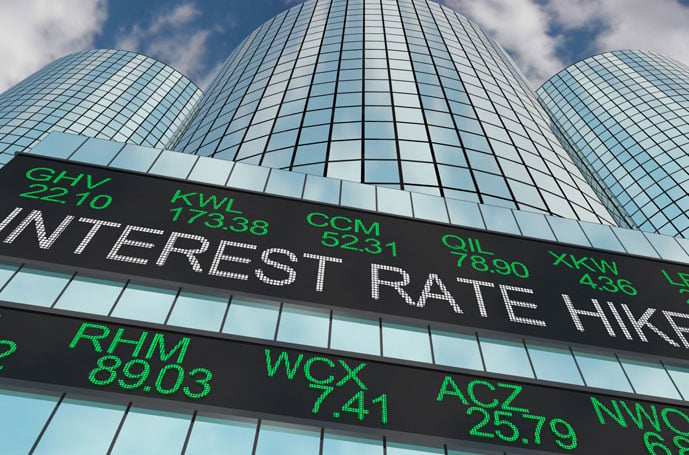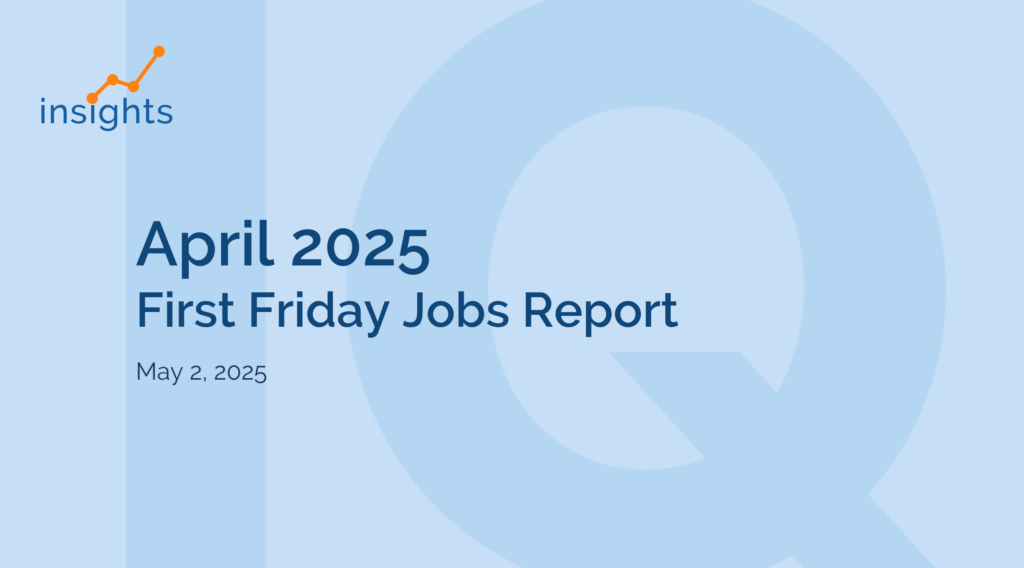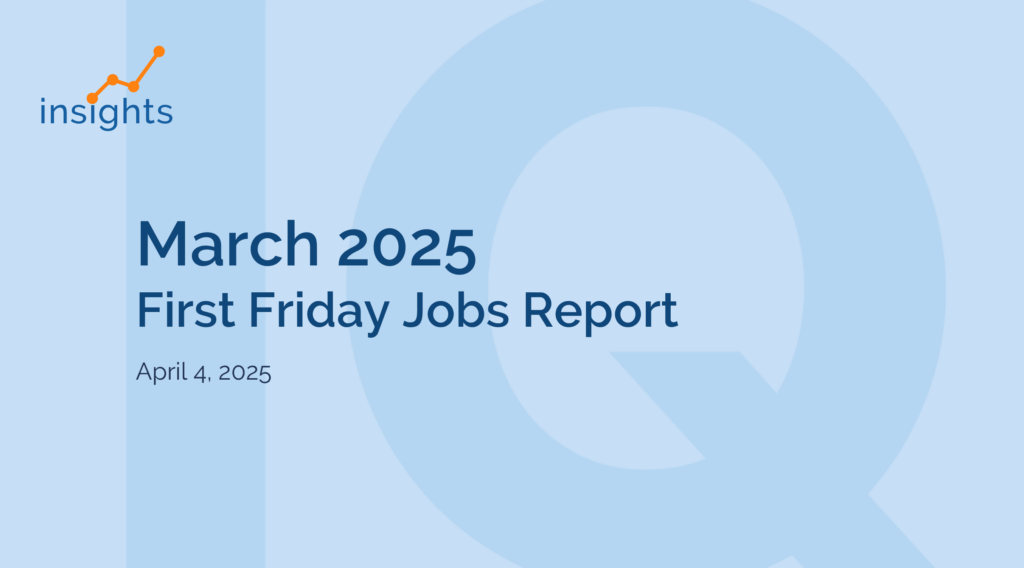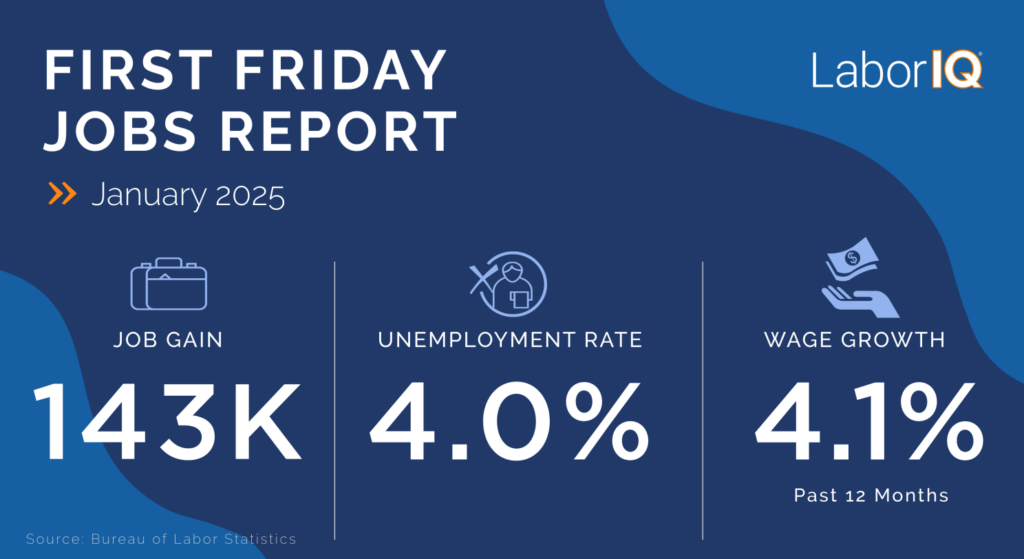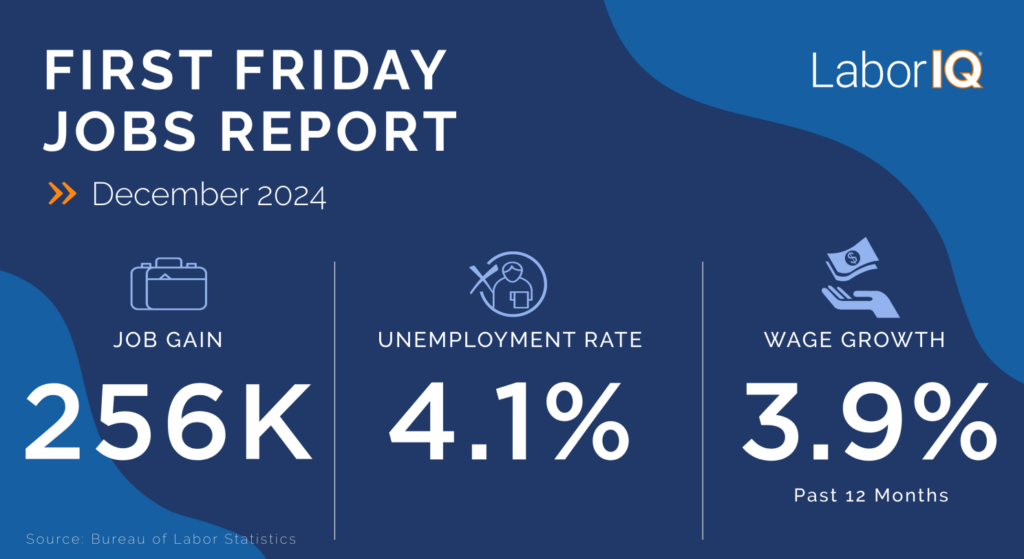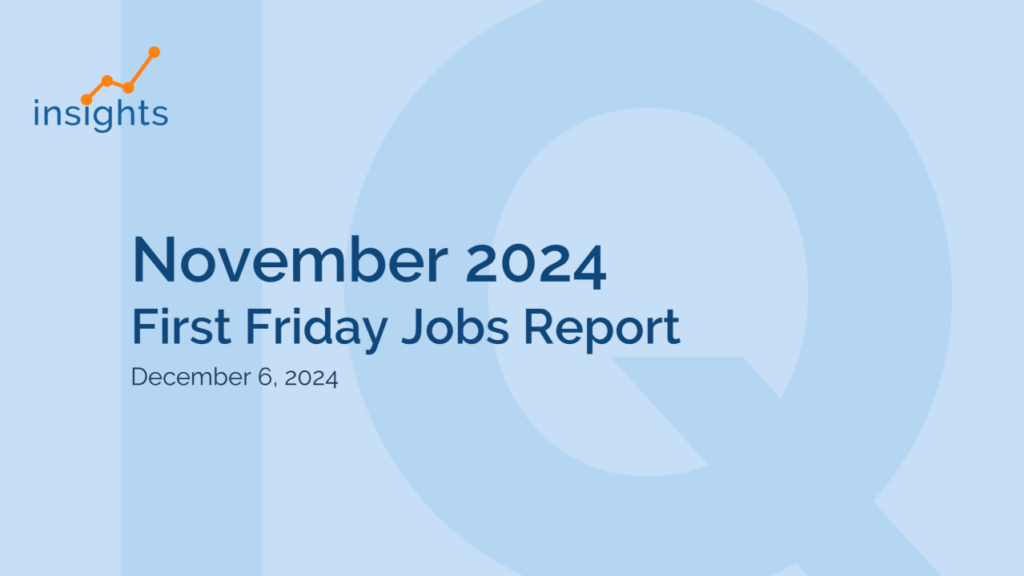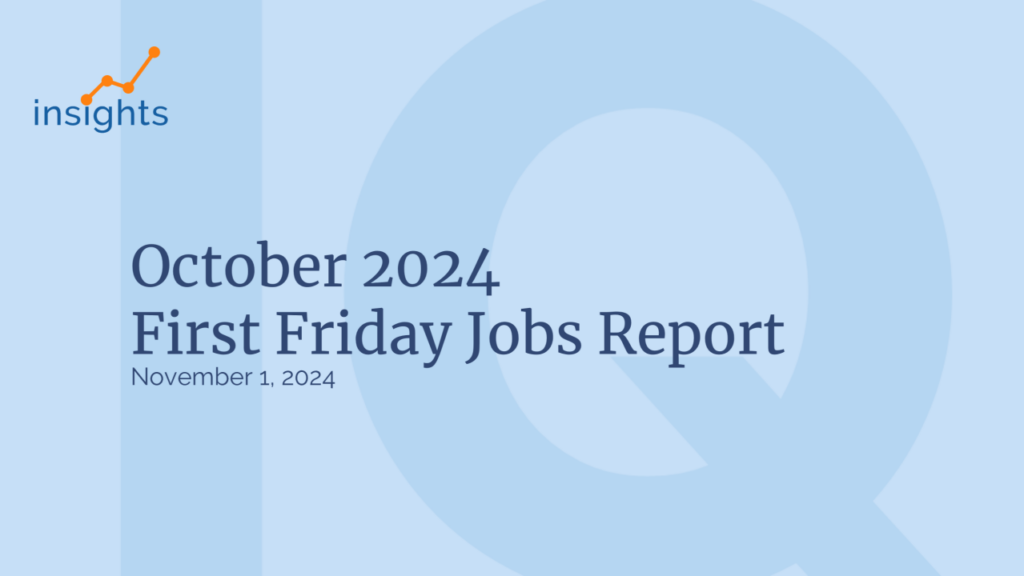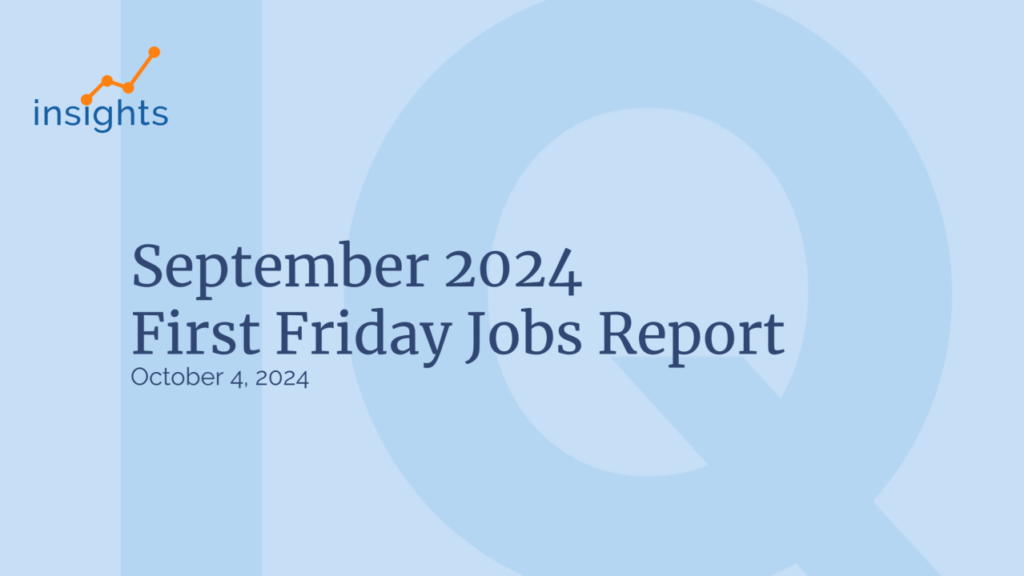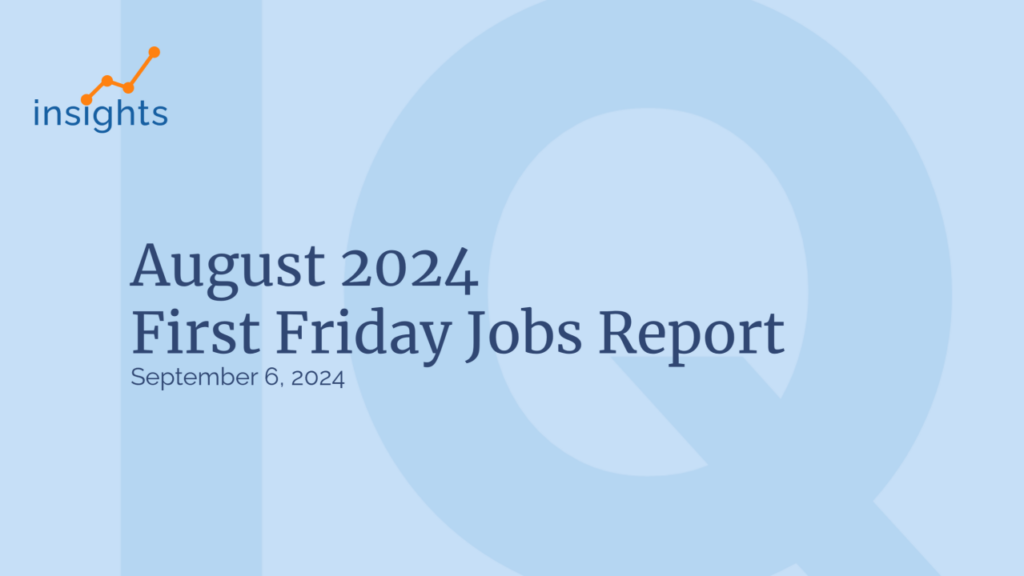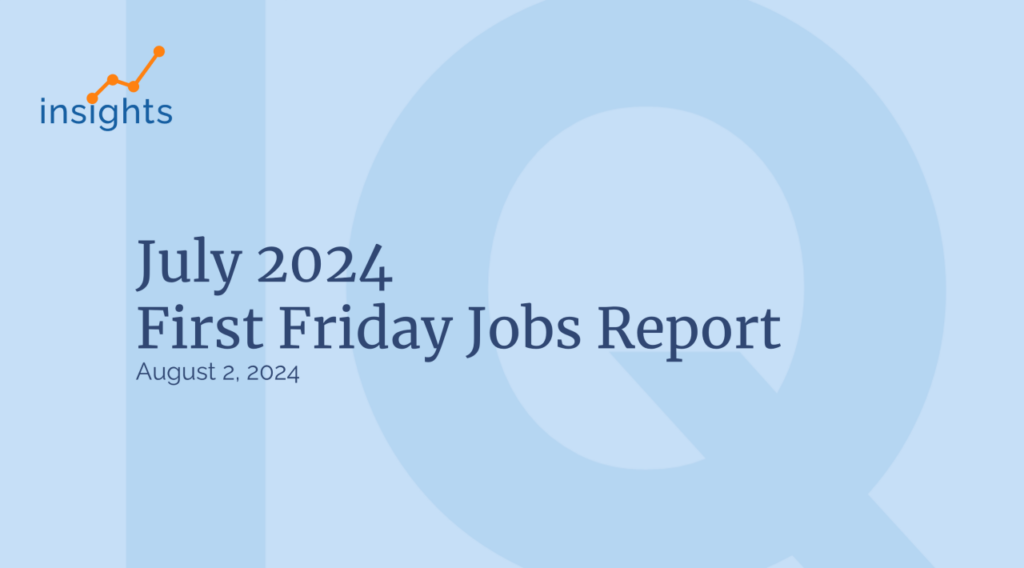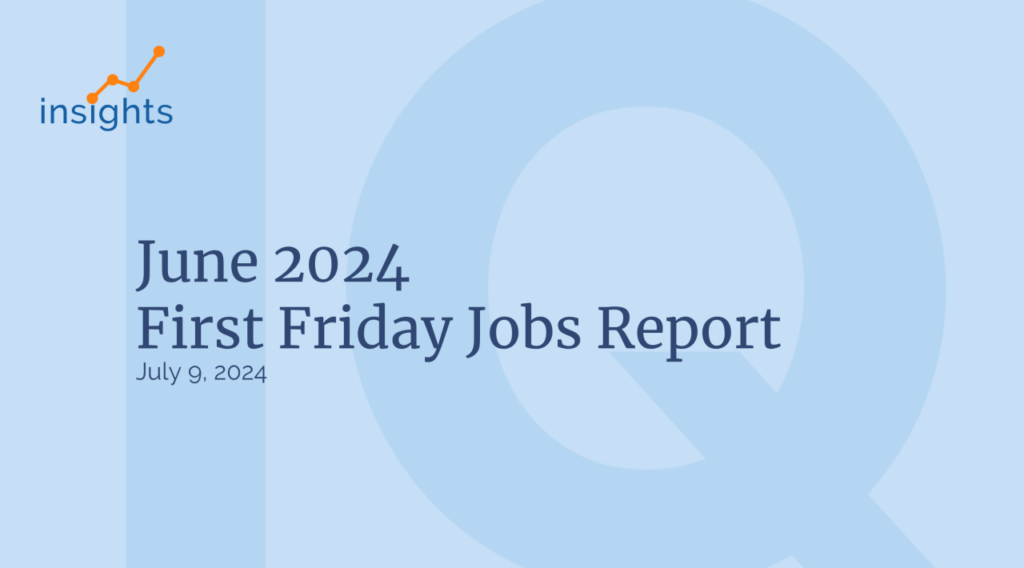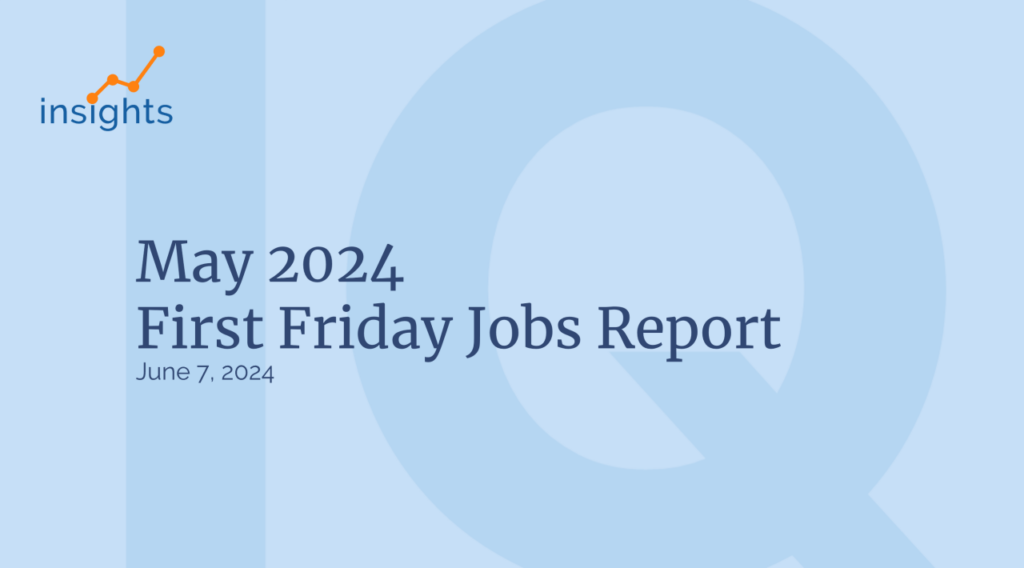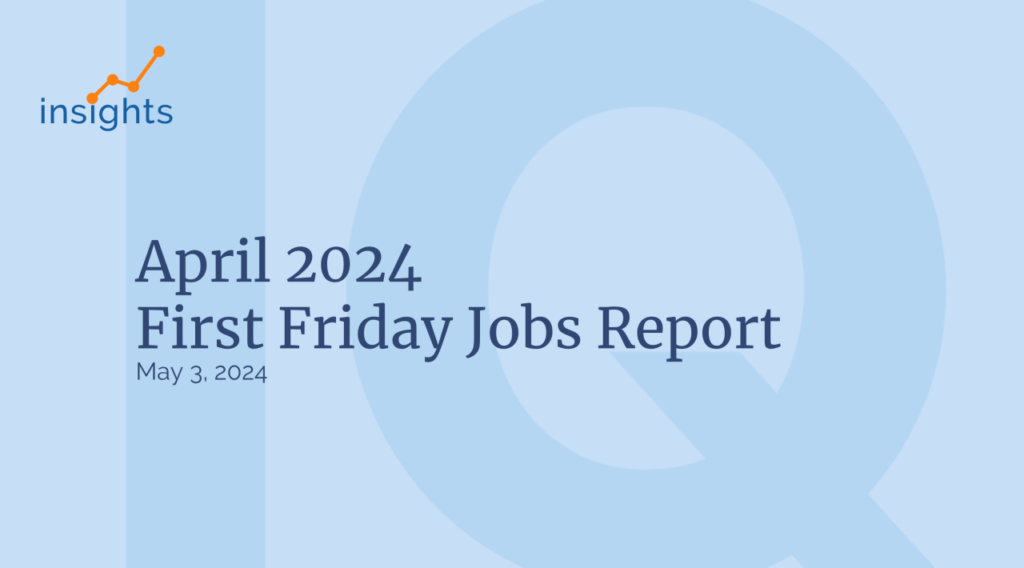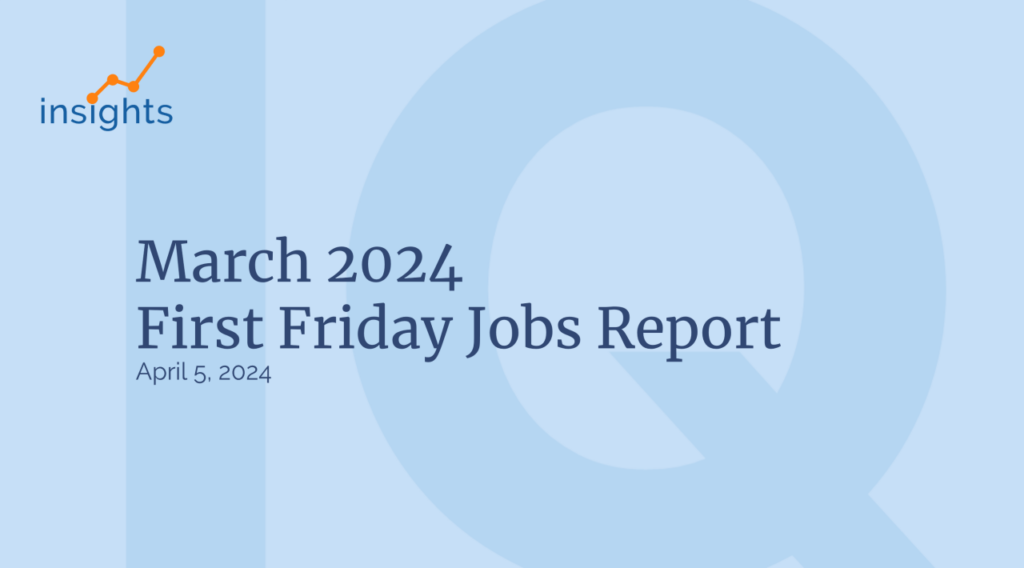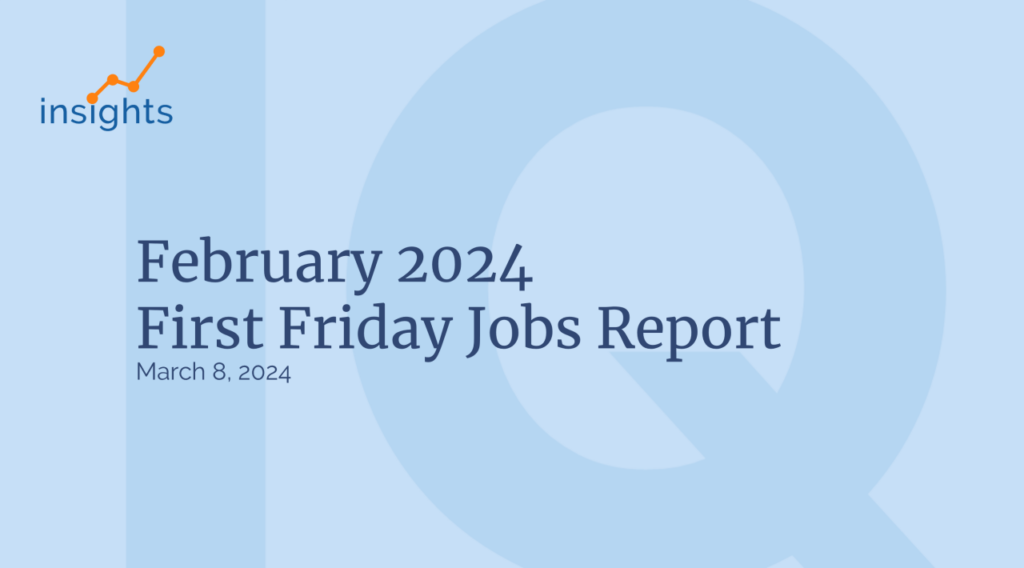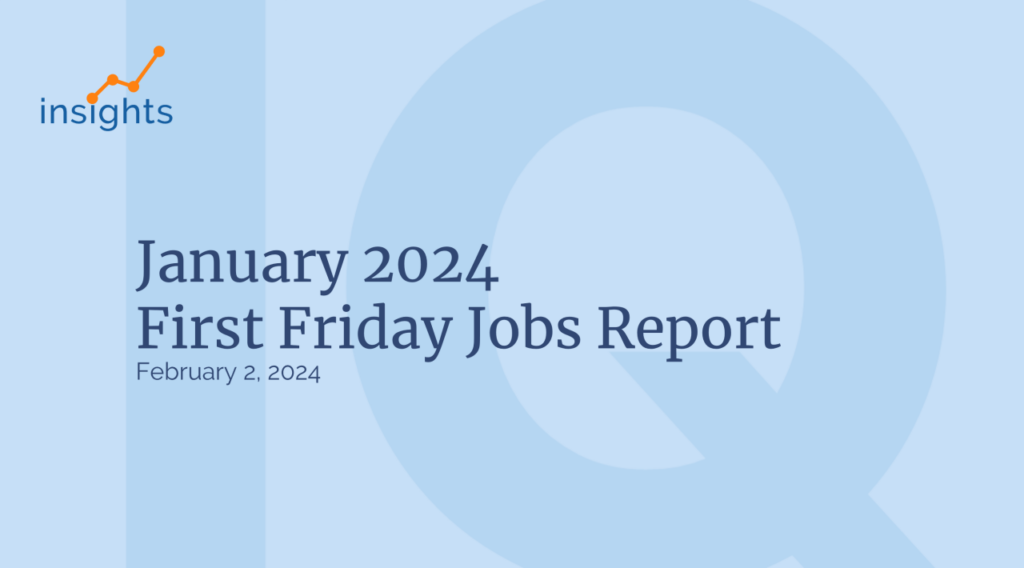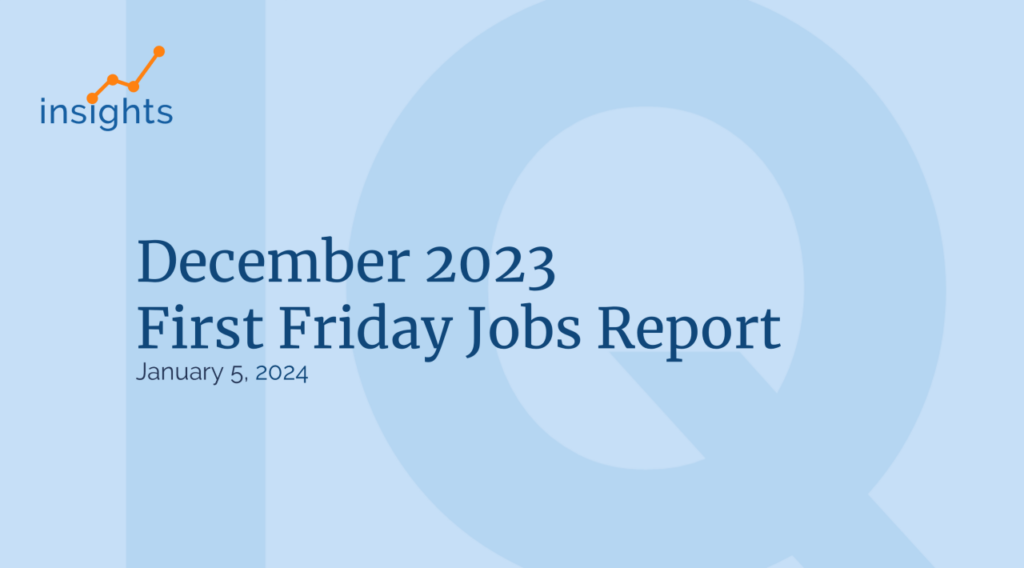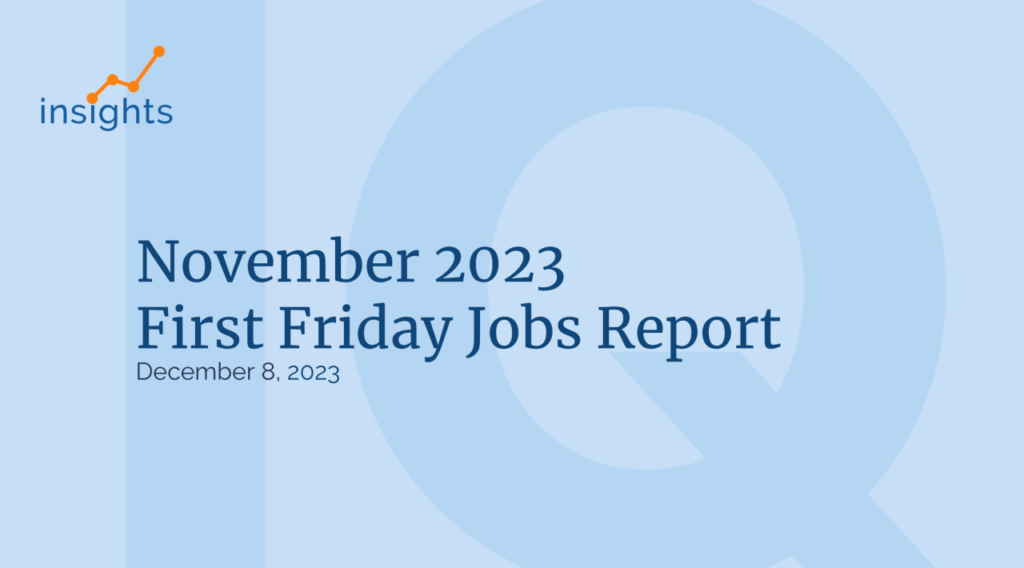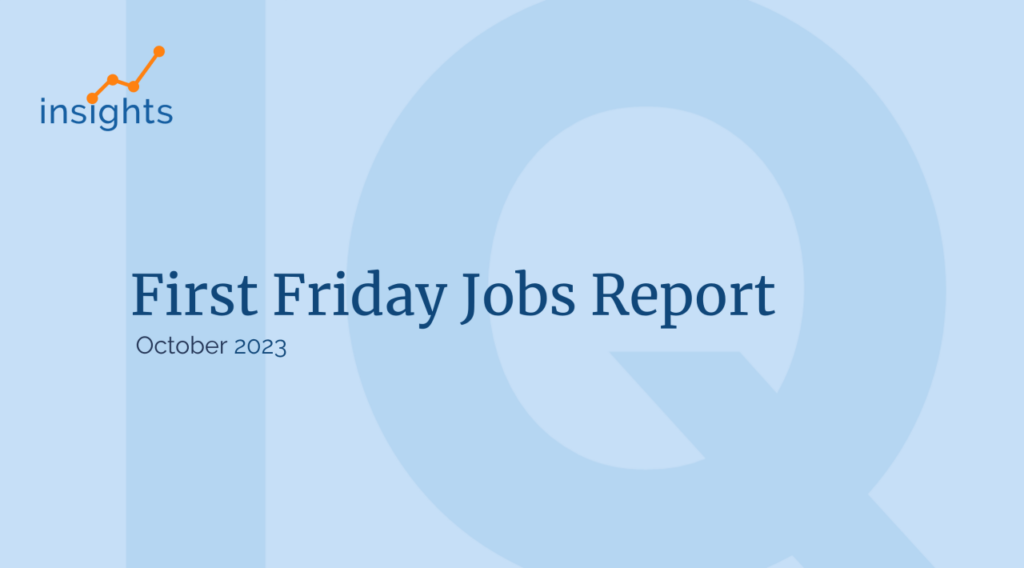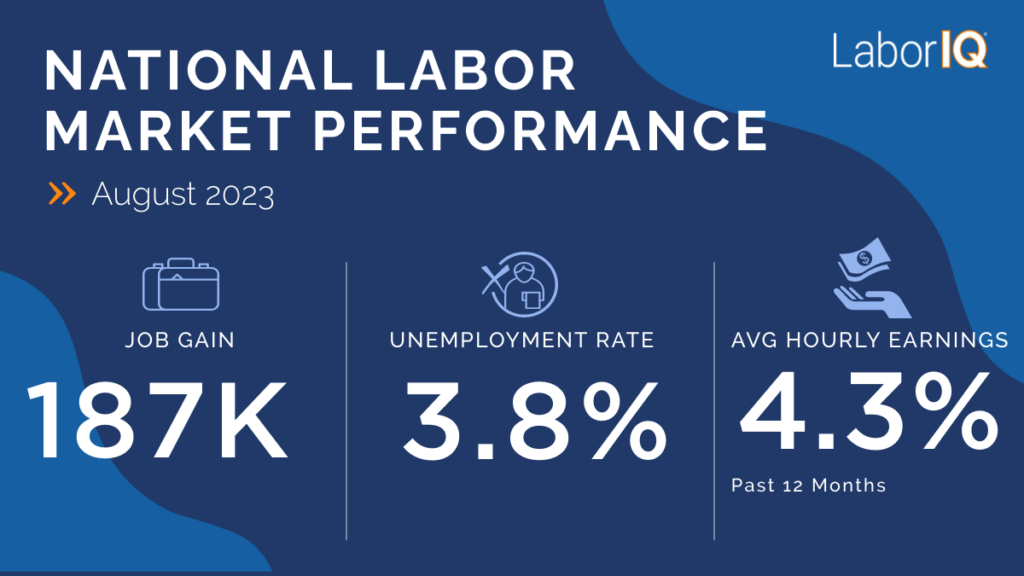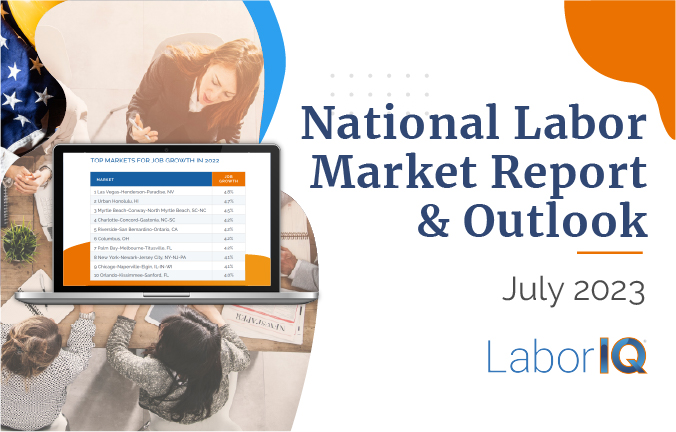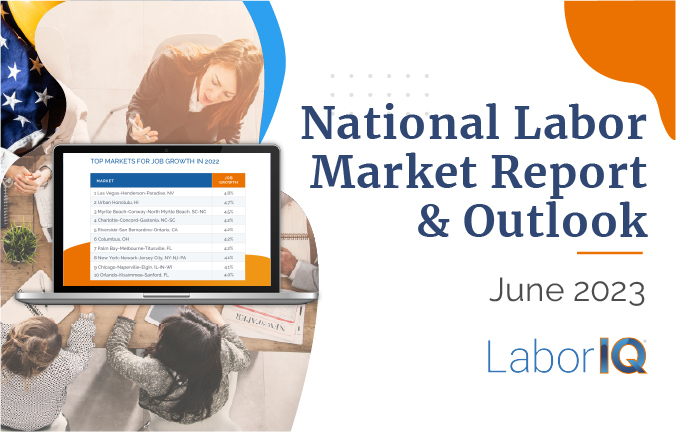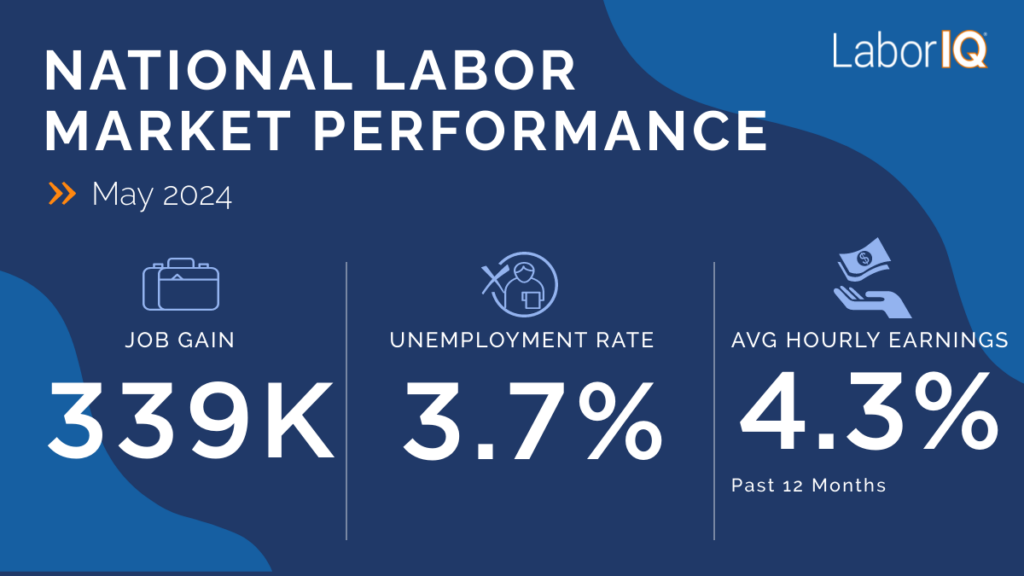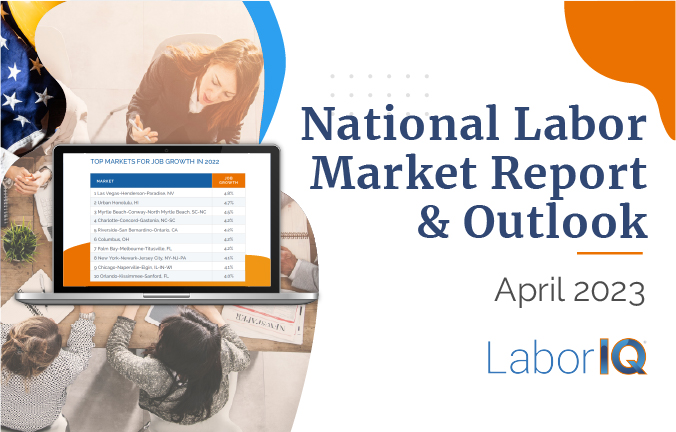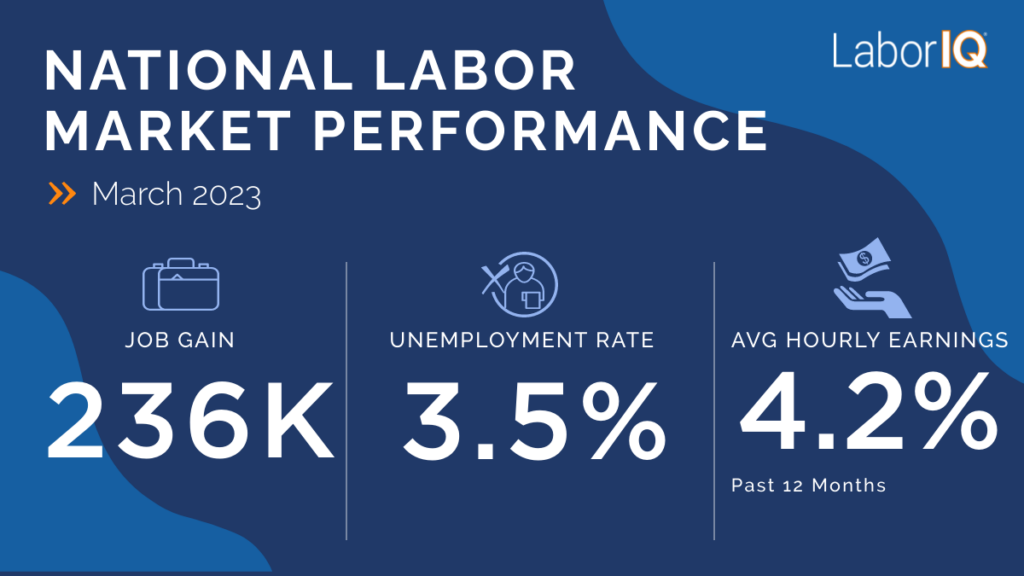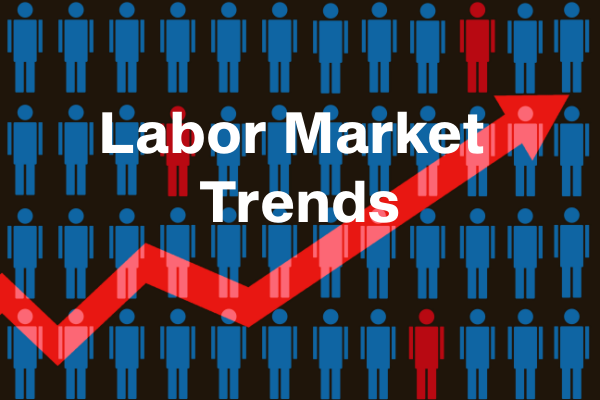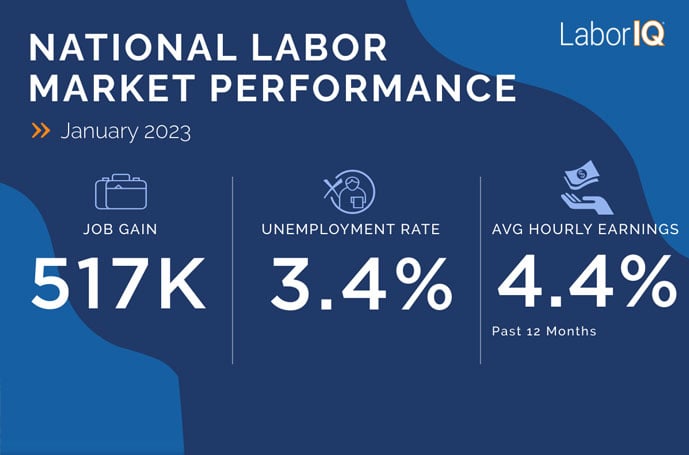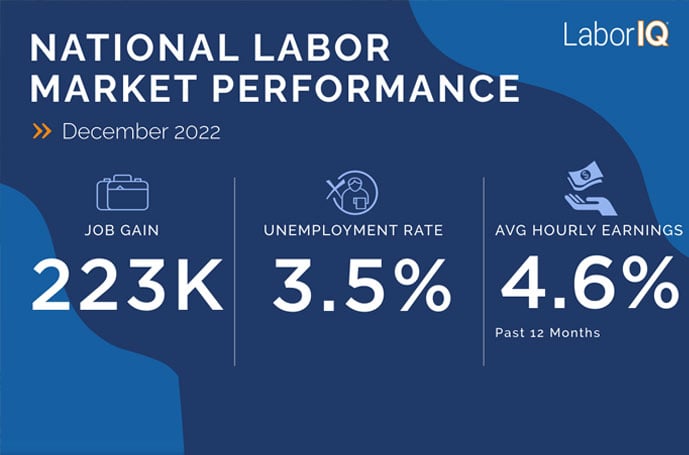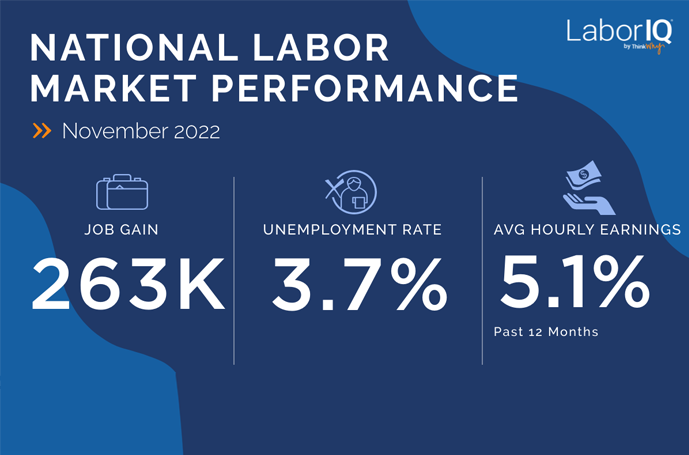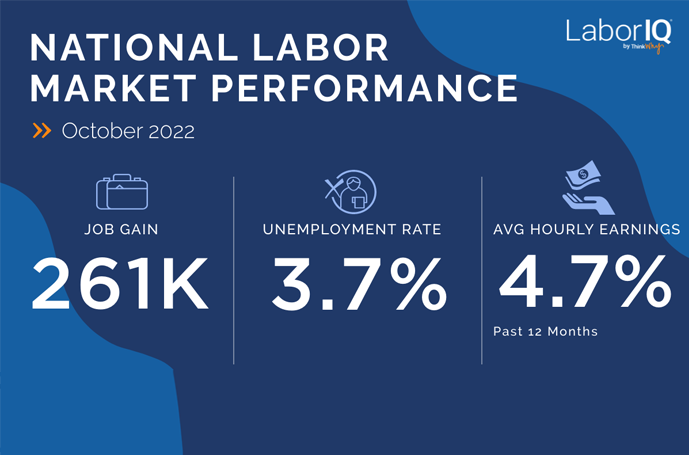Amidst quickly rising inflation and spikes in the cost of living, this May, the central bank of the United States announced its biggest interest rate increase in more than two decades. According to the Federal Reserve, the benchmark interest rate will increase from 0.75% to 1%. Still, with inflation at a 40-year high, interest rates are expected to rise even further.
The U.S. isn’t the only country where interest rates are expected to climb. For example, the Bank of England has recently raised rates for the fourth time since December.
These rates present several challenges to consumers, which may significantly impact consumer demand. So, in this article, we’ll examine some key areas businesses should consider for both short- and long-term planning.

Higher Interest Rates Impact Consumer Spending
Amidst the increasingly severe prices for basic necessities like electricity, fuel and groceries, it’s no wonder consumer spending is such a talking point. Inflation has hit lower-income families the hardest, which has only been exacerbated by the aftermath of the pandemic because many families are still paying off debts they incurred during the crisis.
Unsurprisingly, spending has increased across all categories as rising prices necessitate it. For example, U.S. adults claimed they spent 8.4% more in February 2022 than in the same month in 2021.
But, for businesses, it’s important to remember that increased spending may not translate into higher demand. Namely, many households are worried about their salaries falling behind rising inflation costs. As a result, while spending is up, consumer demand may decrease.
Deloitte found that while nominal earnings continue to rise due to the tightening labor market, real earnings have exhibited a downward trend since January 2021. With that said, as financially insecure households struggle to pay for housing, food and energy, spending on luxury goods will likely decrease. In addition, consumer confidence is declining as families hold onto their money to cushion the impact of the soaring cost of living.
What’s the Impact on Business?
Rising interest rates will impact businesses in several ways. First, firms with debt will have higher costs due to increased interest rates. Furthermore, the capacity for growth is stunted because it’s harder for businesses to obtain affordable loans to expand their product offering, locations or equipment.
But, on a more day-to-day basis, businesses are impacted by lower sales and, subsequently, lost revenue. In addition, as customers have less expendable income, companies may struggle to sell their inventory as forecasted.
Increased Interest Rates Impact the Relocation Game
Another consequence of rising interest rates is that it’s harder for consumers to make large purchases such as cars or properties. As a result, this makes relocation even more of an unmanageable expense for the average individual. Consequently, businesses requiring top talent to relocate may struggle to formulate a sufficiently attractive offer.
What Can Businesses Do?
Times are difficult for businesses and consumers alike. There’s no denying that as inflation increases, fears of a recession are well-founded. But, in the meantime, companies can try to stay competitive and boost consumer confidence by protecting employees from the brunt of this financial downturn.
For instance, offering remote work opportunities can help your staff keep fuel costs low. Remote work also enables you to hire top talent from across the country without requiring relocation. So, seeking opportunities to be more flexible could give your business an edge in talent acquisition. This is especially true if you don’t have the budget to match your salaries with inflation.

